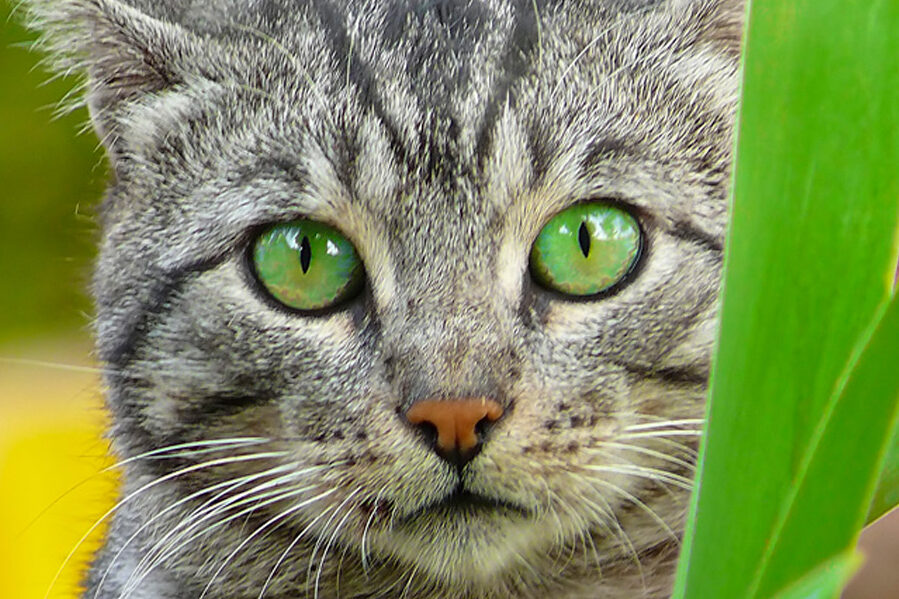Forensic veterinary medicine faces a unique challenge in understanding the decomposition process across different animal species. With a vast array of animals used as models and the sheer diversity of species, determining universal stages of decomposition proves a daunting task. Subjectivity often clouds assessments, as visual observations drive judgments of decomposition stages.
Introducing the Total Body Score Method
To address the subjective nature of decomposition assessment, researchers developed the Total Body Score (TBS) method. This innovative approach assigns numerical values based on the degree of decomposition observed in the head, torso, and limbs. By quantifying decomposition, the TBS method aims to provide a more objective framework for analyzing decomposition data.
Studying Feline Decomposition
In a recent study, researchers focused on examining the decomposition of domestic short-haired cats. Placed in a grassy field in West Lafayette, IN, 12 cats became subjects for decomposition analysis. Through meticulous documentation of TBS for each cat and experimental group, researchers sought to identify unique decomposition characteristics specific to feline remains.
Quantifying Decomposition Rate
The study not only aimed to characterize feline decomposition but also sought to determine the rate of decomposition using both Total Body Score and Accumulated Degree Days (ADDs). Through rigorous analysis, researchers documented an exponential relationship between TBS and ADD, providing valuable insights into the decomposition process.
Insights from the Findings
Despite variations among individual cats and experimental groups, the overall analysis did not reveal significant differences in the rate of decomposition or total body scores. This highlights the complexity of decomposition studies and underscores the need for further research to elucidate the factors influencing decomposition rates in different animal species.
In the dynamic field of forensic veterinary medicine, ongoing research efforts will continue to decode animal decomposition further.







